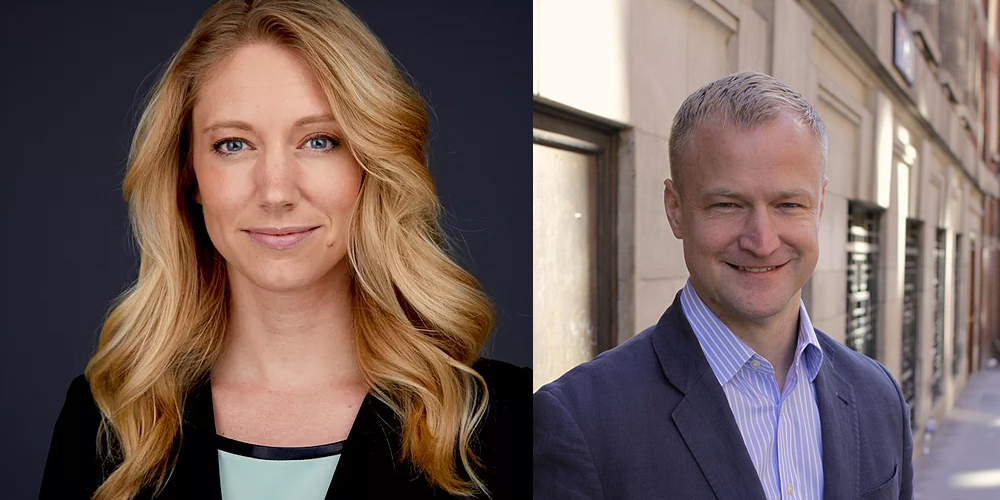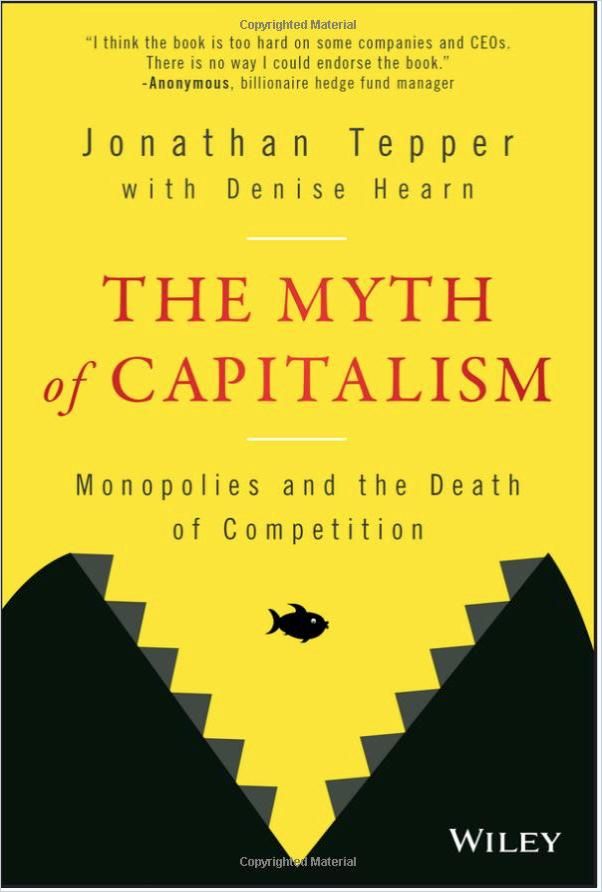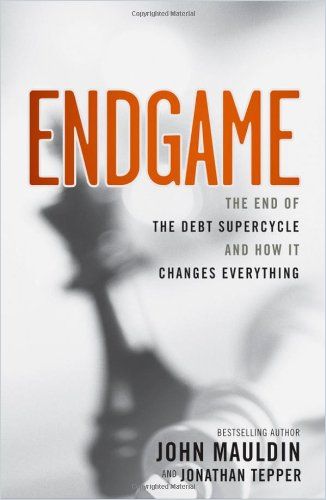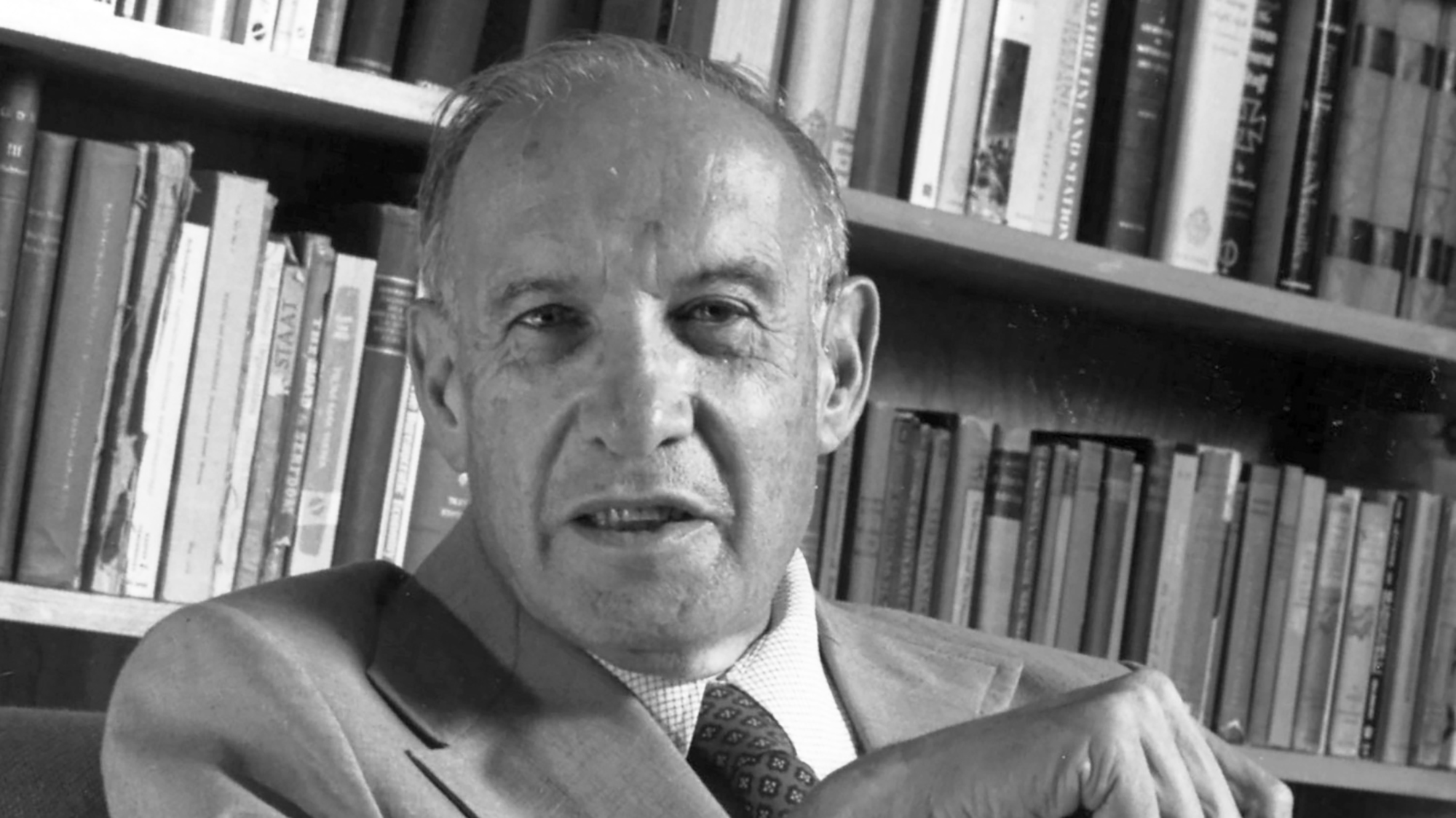“When Piketty said returns on capital are high and only go higher, I thought he was wrong”

getAbstract: Jonathan, in his well-received book Capital in the Twenty-First Century, Thomas Piketty attributed rising inequality to a dearth of organic economic growth. In The Myth of Capitalism, you and Denise Hearn instead suggest that severe inequality is a symptom of lacking competition. When did the idea strike you?
Jonathan Tepper: I had been thinking for a while about high corporate profits and low wages. When Piketty said returns on capital are high and only go higher, I thought he was wrong. Because in capitalism, competition would bring them down. The only way profits rise and don’t fall is without competition. That is what led me to look into rising industrial consolidation and a decline in competition.
You cite Friedman and Bork, but the most influential thinkers of the free-trade fraction – Smith, Ricardo, Schumpeter and even several of the “Chicago Boys” – emphasize competition and approaches to foster it, even when it comes at a high social cost. When and why did their ideas vanish in popular economic theory?
The Chicago School ideas, when it comes to competition, have never gone away. The majority of people at the Department of Justice, the Federal Trade Commission and many antitrust professors fully buy into the idea that mergers don’t matter, monopolies lead to efficiency, etc. The idea of efficiency and the consumer welfare standard is nowhere to be found in the Sherman or Clayton Acts.
Older ideas about the need to preserve competition need to be recovered.
As an example, you cite Peter Thiel – founder of PayPal and other highly disruptive tech companies – who declared that “capitalism and competition are opposites” and considers monopolies to be an “enlightened form of capitalism.” What did he get wrong?
Thiel is a very particular case. He’s making his argument generally about entrepreneurs wanting monopolies, but he tends to only invest in businesses that are natural monopolies with network effects and winner-take-all dynamics, for example. Warren Buffett, on the other hand, likes “unnatural monopolies” that only exist due to regulation and lobbying, such as Moody’s. I’d say most of the move in popular culture and Silicon Valley in recent years is away from Big Tech and fighting back against it. People realize it is dystopian to have only monopolies.

As you mentioned, there are “natural” monopolies – for example, when it comes to railway lines – and their “unnatural” brothers and sisters you mentioned. They’re not equally dystopic, are they?
No. Some industries should be monopolies, like electricity or waste collection. These should, in general, be regulated to avoid price gouging. Unnatural ones are industries where high degrees of regulation prevent competition.
Absent excessive regulation or lobbying you’d get competition.
The entire US medical or insurance market fits this category.
Massive shifts towards a concentration of market power happens when businesses eliminate rivals by merger, you write. Periods of extreme merger activity took place in the late 1990s and from 2007 to 2008. What was so extraordinary about those days?
There is nothing extraordinary about it. It is merely the last merger wave of many since the merger guidelines changed in the early 1980s. Four merger waves later, and fewer players are standing. It is like the Sweet Sixteen, where you start with sixteen teams, go down to eight, then four, and then two. That’s what has happened in many sectors.
What recent factors added to the power of those shifts?
The biggest change in the recent wave of consolidation is that, now, the digital giants have access to everyone’s information, browsing habits, etc. The power of monopolies now invades people’s privacy in a way more boring “old economy” monopolies never could.
That’s why, in our proposals in the conclusion of the book, we encourage consumers to try to avoid monopolies where possible.
For example, while Android may default to Google, there are other search engines like DuckDuckGo that people can and should use.
Often, easy-to-identify monopolists that run a whole business are the big issue. As you point out in your book, another one is oligopolies that run businesses without anyone realizing it. How does such an “oligopoly layer cake” work, and why is it dangerous?
Oligopolies may all be happy with 25% of the pie and agree not to compete on price or not to enter each other’s territories. In the book, the layer cake analogy is that, often, the oligopolies are owned by other oligopolies. To give you an example:
As of today, only a few firms dominate the passive investing universe, and they’re the top owners of almost all big companies.
So a few players are the main owners of the airline oligopoly, for example.
Another one that you mention in the book is that only three firms control 85% of the US-market in breakfast cereals, three other companies dominate soft drinks and another three control retail pharmacies. Couldn’t their products, or the airlines you mentioned, just be good enough and cheaper than the ones of their competitors – because of matters of scale – and therefore form “natural” oligopolies?
If you see how present-day supermarkets work, you’d understand that you can’t simply get your products on a shelf: “Industry captains” are the market leaders that work with supermarkets to control slotting arrangements. So often smaller companies, like start-ups, are never going to be on the shelves.
Are oligopolies harder to deal with state-wise? I mean, if you try to “break” them like monopolies, they reassemble on an even smaller scale, and the underlying system only gets more and more confusing…
I disagree with that idea. Saying thieves will steal if they’re released from jail, so punishing crime is futile, is poor logic.
Yes, some oligopolies and monopolies over 30 to 40 years will try to get back together – see the re-consolidation of former big telecoms – but it is hardly a reason not to break them up.
You suggest to “revamp regulations” by establishing antitrust principles instead of complex rules that businesses can game by exploiting loopholes. Can you elaborate on that?
If, for example, digital platforms are a “public utility,” as Mark Zuckerberg used to call Facebook, then they should be regulated as such and forced to behave in ways that are not anticompetitive. And, if Amazon wants to pretend it is like the US Postal service for third party e-commerce delivery, then it can arbitrarily determine that it will favor its packages and products over its third-party sellers.
The history of bureaucracy tells us that there seems to be some “evolutional” progress from broadly accepted principles to more and more detail-regulation. How can one prevent it?
Rules should be principles-based, not rules-based. And they should be as simple as possible. That is the way to deal with this. The original Glass Steagal Act was 35 pages, but Dodd-Frank was 2,200 pages. This is but one example of how lawmaking has deteriorated over time.
Final question: How did Thomas Piketty react to your findings?
I have no idea. I don’t know him, but I’m sure it would be a pleasure to meet.
Jonathan Tepper is an economist and the author of The Myth of Capitalism: Monopolies and the Death of Competition (with Denise Hearn), which earned him a getAbstract book award in 2019, and Endgame: The End of the Debt Supercycle (with John Mauldin). He is the founder of Variant Perception, a macroeconomic research firm.
Next Steps:
Read our abstracts of Jonathan Tepper’s recent books by clicking on the links above. Take another look at our getAbstract Book Award channel and the coverage related to it on the blog. Then visit the related channels on Economic Theory, Economic History, Economic Policy and The Role of Government in Economics.








